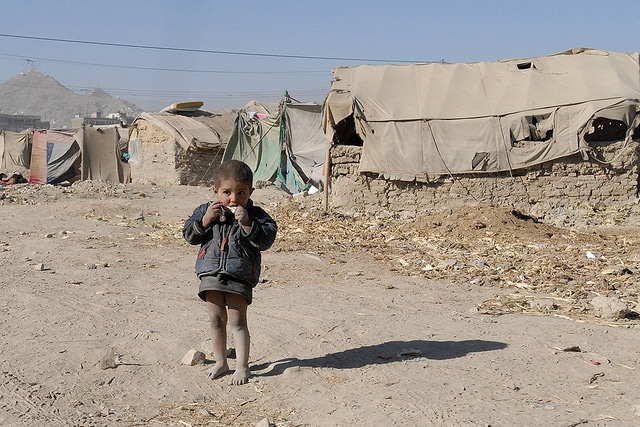According to a new report, the number of new people displaced and forced to move within their own countries due to climate disasters and extreme weather rose to the highest number in at least a decade in 2020, more than three times the number of those displaced due to conflict and violence.
—
What is Happening?
- The report, written by the Internal Displacement Monitoring Centre, found that the number of people who migrated domestically due to extreme weather events rose to 30.7 million, or 75% of those who moved within their borders. A record 55 million people in total had been forced to move by the end of 2020. However, the actual number of climate migrants is likely to be significantly higher due to incomplete data.
- Asian countries lead the rankings of new people uprooted internally due to extreme weather. Densely populated countries like China, India, the Philippines and Bangladesh were hit by intense cyclones, monsoon rains and floods, while 1.7 million people were displaced within the US during the Atlantic hurricane season in 2020.
- These numbers were recorded even as the spread of COVID-19 hampered humanitarian organisations’ ability to register and assist displaced people.
- Climate change is causing more frequent and intense weather events, costing economies about USD$20.5 billion globally in 2020.
- The Environmental Justice Foundation predicts that climate change has been displacing an average of 21.7 million people annually since 2008, with 95% of these displacements happening in developing countries.
- The World Bank’s 2018 Groundswell Report predicts that 143 million people in South Asia, Latin America, and Sub-Saharan Africa could become climate migrants by 2050.
You might also like: 5 Facts About Climate Migrants
- Sadly, the term “climate migrant” is not an official status that would protect people under international refugee law. “Refugee” is a legal term which has a very specific meaning centering on a “well-founded fear of being persecuted for reasons of race, religion, nationality, membership of a particular social group or political opinion” (Art. 1, 1951 Refugee Convention). According to this convention, people leaving their countries for reasons related to climate may not be considered refugees because it does not recognise the environment as a persecuting agent.
Featured image by: Flickr

















